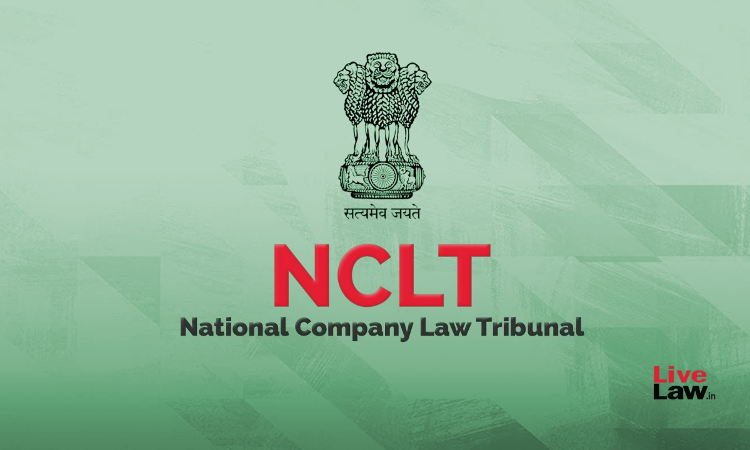NCLT Chandigarh: Indemnity Obligation Can't Be Treated As Operational Debt For Lack Of Privity
Rajesh Kumar
12 Jun 2024 8:00 PM IST

Next Story
12 Jun 2024 8:00 PM IST
The National Company Law Tribunal Chandigarh bench of Harnam Singh Thakur(Judicial Member) and LN Gupta (Technical Member) held that indemnity obligation pertaining to a guarantee is not applicable in cases involving operational debt. An indemnity obligation refers to a commitment by one party (the indemnifier) to compensate another party (the indemnitee) for losses or damages...
